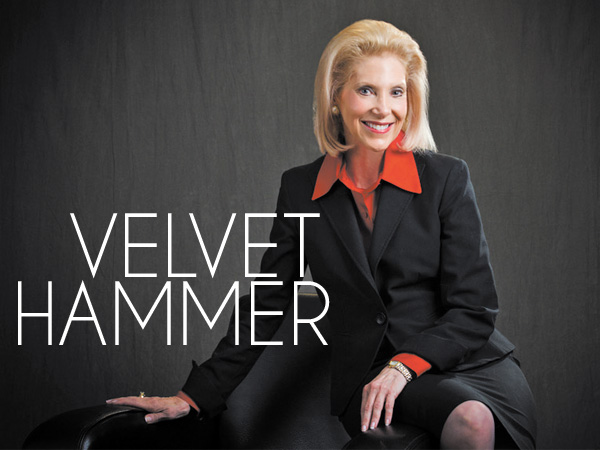Q: I’ve been trying to get on a colleague’s calendar to discuss a number of job-related issues in a more casual environment, but he says he uses his lunchtime to work out and doesn’t do coffee. Any thoughts?
—Tired of trying to catch up
A: If you’re not interested in putting on your warm-ups to join your colleague for lunch, consider asking your exercise-conscious office mate about taking a 30-minute morning or afternoon break for a ‘walk and talk.’ The genius of this format is that it’s simple, costs nothing, and more important, there is mounting research that these types of walking meetings have physical and mental benefits. In fact, a recent study published in the journal Preventing Chronic Disease indicated that when participants engaged in moderate physical activity at work, they were less likely to miss work for health reasons. And, according to a 2014 Stanford University study, walking meetings also tend to spur greater creativity. It probably would be most effective to do a walk-and-talk in the fresh air in a nearby park, but the hallways can work as well. What’s important is that you make it clear—especially to the boss—that your walking meetings are work and you’re not sneaking off for a gossip session.
A little humble pie for the holidays …
Looking back over the past year, there have been a number of business faux pas which, in certain instances, have caused irreparable damage to individual and company reputations. One wonders what kind of leadership brought these various individual executives and companies to their knees. Leadership has been defined as the art of motivating others toward a common goal, as inspiring others and as being ever prepared to do so. It’s been said that as a leader you need to have a strong ego, but there is a fine line between a strong ego and a big ego that no one wants to work with or for. According to researchers, great leaders who have mastered the fundamentals and have had the confidence and the innate willingness to surround themselves with a high-quality dream team (and to give them credit when credit is due) are the most successful. These kind of high-performance leaders understand the power of humility. They listen well, admit errors, promote collaboration, allow for full discussion and are willing to share the limelight. Not every leader has the ability or humility to do that. So what kind of leader are you? If you want a reality check, ask a trusted peer to give you some feedback about your leadership style. It might just be the best gift you receive this holiday season. In the meantime, the Velvet Hammer humbly wishes you and your colleagues a very happy and most productive new year.
If you have a question for Joan, send it to business@townandstyle.com. Joan Lee Berkman is a marketing and public relations consultant.








